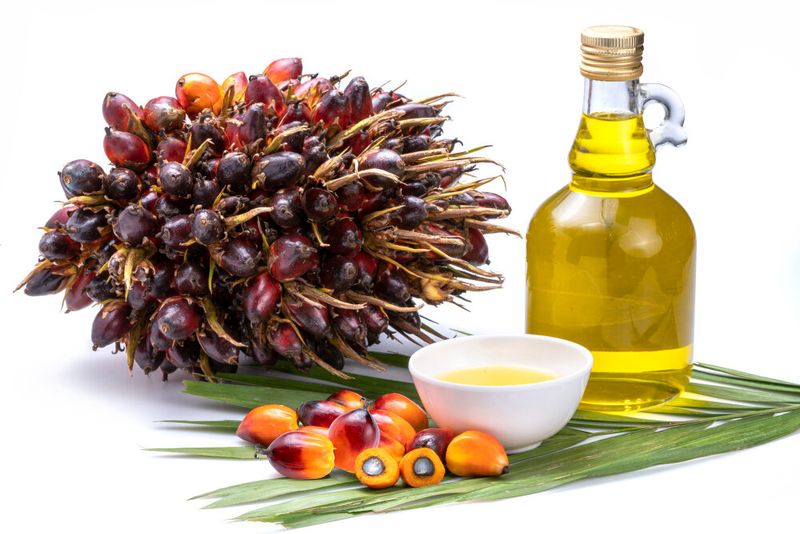As part of the latest ruling, Jakarta said that the ratio of export quotas for local palm oil companies will be set at four times of domestic sales requirements or 1:4 compared to the current quota of six times (1:6).
While this will tighten exports in the near term, the trade ministry said it will release quotas held back in the past few months over the next nine months. Trade sources said that the government froze around 3 million mt worth of palm oil export permits earlier this year.
The deposited export rights of around 3.03 million mt of palm oil products will disbursed till January 2024, and the average permits disbursed will be around 336,000 mt per month, Director General of Foreign Trade Ministry of Trade Budi Santoso said.
Analysts say that details around the ruling are yet to emerge, but rough calculations show that supply from Indonesia could fall by 30% due to the 1:4 DMO, with some additionality depending on how Jakarta distributes the frozen palm oil export permits over the next nine months.
From May, at 1:4 ratio, export permits for 1.2 million mt will be issued. An additional 300,000 mt could be added if the backlog of export permits for 3 million mt are freed, taking the overall monthly export limit to 1.5 million mt, well below the 2.7 million mt allowed at the current DMO ratio of 1:6, Nicholas Pang, palm oil and biodiesel derivatives broker of Singapore-based Ginga Global Markets, said.
The average export per month stood at 1.86 million mt over January-March, so the latest DMO rules may not interfere with export performance, Santoso said.
The announcement may tighten exports in the near term, but trading participants were on the fence about its impact on markets citing low destination demand and falling prices of competing vegetable oils globally.
Prices dip
“The market will probably discount much of this news as this is a confirmation from what the market has been expecting. Right now, demand from India and China is not great … unless demand comes back full swing, then we may see prices react much more strongly,” a Malaysia-based trader told S&P Global Commodity Insights.
The keenly watched third month Crude Palm Oil contract on Bursa Malaysia Derivatives exchange was down 130 points and closed at MR 3,421/mt ($766.52) on April 27.
A rise in production from Indonesia and weak prices of sunflower and rapeseed oils globally will continue to pressure palm oil prices in May, traders said.
Platts, part of S&P Global Commodity Insights, assessed the price of CPO FOB Indonesia at $943/mt April 27, down 2.1% day on day.
The ruling is quite neutral as both Malaysia and Indonesia are grappling with demand issues, Lingam Supramaniam, director at Malaysia-based commodities firm Pelindung Bestari, said.




